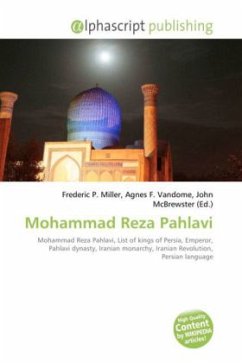One spectacular paradox of the last half-century has been the escalation of 'Islamophobia' and Islam becoming the 'fastest growing religion.' Juxtaposed to the aggressions against and destructions of a number of prosperous Muslim countries and the general decline of the ethical underpinnings of human social relations, the growth might be viewed as a logical response on a spiritual plane. This might also be taken as to have been inspired by a conflict-ridden world witnessing raving commoditisation and consumerism, gaping inequality along enormous amassment of wealth, eclipse of politics and justice before business and profit hunting etc. Indeed, the global scenario which had thus prompted individual and organised propagation of Islam and its growth also has its wider significance. This significance emanates from the fact that ideally, the religious tenets of Islam combine both inner-worldly and other-worldly concerns of Muslims and of all mankind. 'Islamophobic' perceptions and practices appear of late to become weaker except in few places. Nevertheless, the whole development has created an exigency for understanding it as a new dynamics of the post-globalisation world.
Bitte wählen Sie Ihr Anliegen aus.
Rechnungen
Retourenschein anfordern
Bestellstatus
Storno








